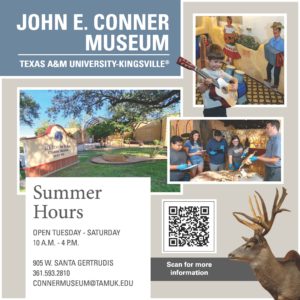At 16 years old, a sophomore in high school, I received the Sacrament of Confirmation. The United States Conference of Catholic Bishops (USCCB) defines the Sacrament of Confirmation as follows “the baptized person is ‘sealed with the gift of the Holy Spirit’ and is strengthened for service to the Body of Christ.”
An old white man sporting an elaborately decorated robe and pointy hat, placed his hands on my forehead and told me that after this ceremony, “You will be forever changed.”
Weirdly enough, after the ceremony ended I still felt like the average human being I was before the ceremony had started. I wasn’t more powerful. I didn’t have a fire burning within me. I was just as much of a mediocre Catholic as I had been beforehand.
It was at this moment in my life that I began to question my faith, or lack thereof. I had reached all the major Catholic milestones. I had been baptized as an infant, participated in First Communion in the second grade and was confirmed in the Church at age 16. Despite having checked off all the necessary religious boxes, I still felt very underwhelmed by my spirituality. I was not experiencing the feelings that everyone else seemed to be experiencing. I resented the fact that women were forbidden to be priest in the Catholic church. I could not accept the idea that God hates people who love those of the same gender. I realized that I did not always agree with the doctrine that I had subscribed to my entire life. I began to silently place question marks next to every statement made by the Priest or any passage I read of scripture.
When I came to Texas A&M University-Kingsville, I thought that my faith in the Catholic church, or my faith in general, would be reignited. This is a historically Hispanic university, and we have an active Catholic church on campus (St. Thomas Aquinas). I figured that leading me to a Catholic-centric university, was God’s way of calling me back into the church. All my skeptical prayers had been answered. I would no longer be a victim of the existential war that was taking place in my mind.
As usual, I was wrong.
I am currently in my third year of college, and I still have no idea what I believe. I no longer identify as Catholic, but I haven’t quite taken the Atheist plunge. I am as skeptical as ever. But, as I travel on the unstable path of skepticism, I have realized one thing. It is okay not to know. There is no pressure to know exactly what your beliefs are and what they aren’t. It is okay to say you no longer believe in God, just to rediscover your love for him 10 years later. There are no rules in this.
As Walt Whitman said, “I like the scientific spirit—the holding off, the being sure but not too sure, the willingness to surrender ideas when the evidence is against them: this is ultimately fine—it always keeps the way beyond open—always gives life, thought, affection, the whole man, a chance to try over again after a mistake—after a wrong guess.”
